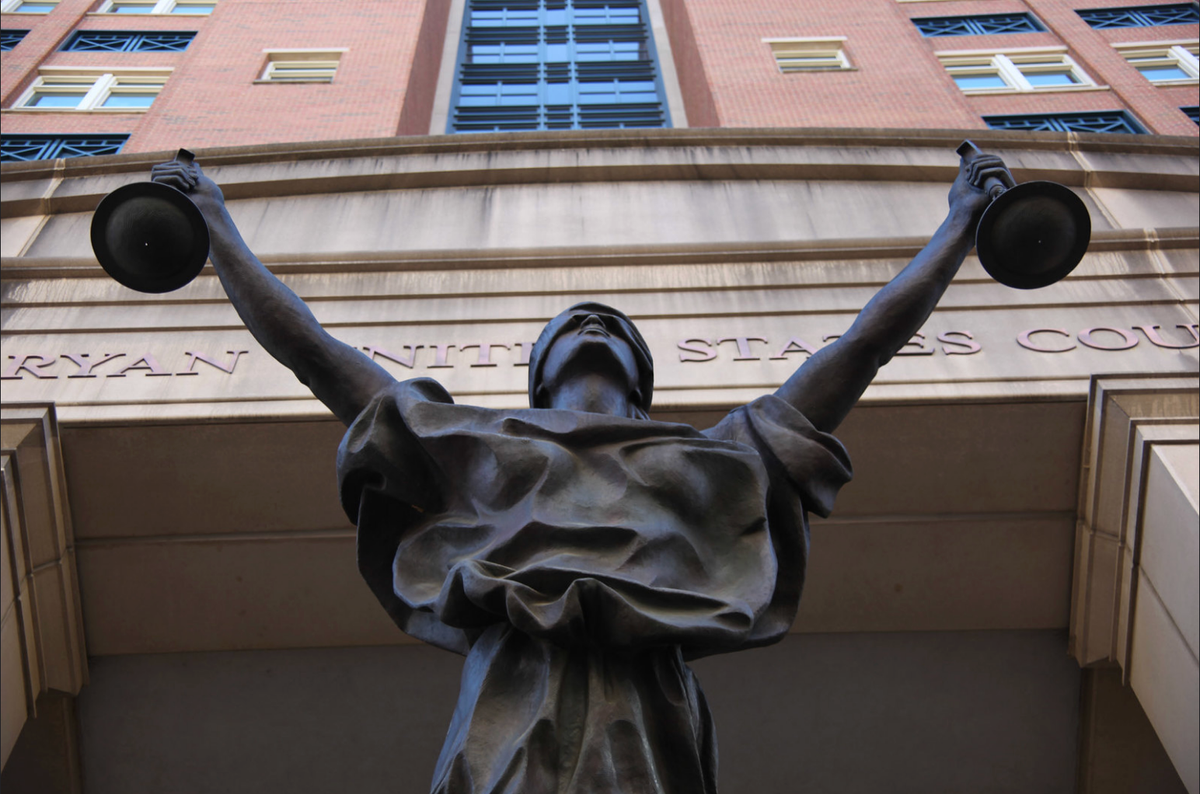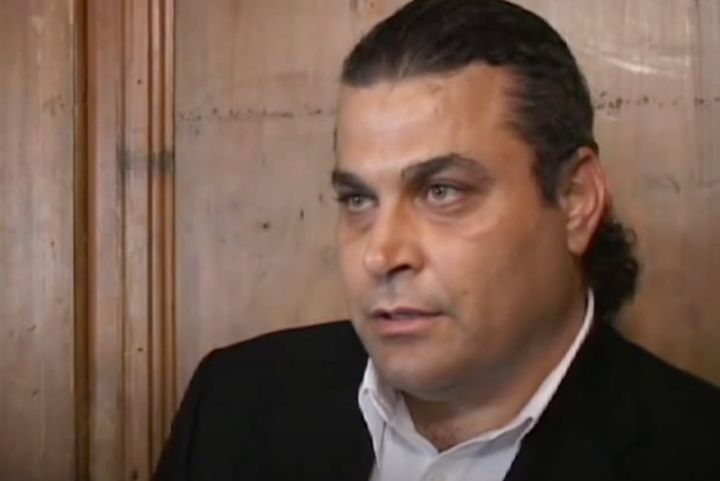In Case Against CACI For Abu Ghraib Torture, Judge Declares Mistrial
Iraqi torture survivors will seek a new trial

The following article was made possible by paid subscribers of The Dissenter. Become a subscriber and support independent journalism.
A U.S judge declared a mistrial in a civil lawsuit against CACI, a United States military contractor that was responsible for employees who engaged in torture at Abu Ghraib.
Iraqi torture survivors who have pursued the lawsuit for nearly 16 years intend to seek another trial.
“We might not have received justice yet in our just case today, but what is more important is that we made it to trial and spoke up so the world could hear from us directly,” declared Salah Al-Ejaili, a reporter for Al Jazeera who was detained at Abu Ghraib for six weeks.
“This will not be the final word,” Al-Ejaili added. "What happened in Abu Ghraib is engraved into our memories and will never be forgotten in history. Every just person stands with us.”
In June 2008, a lawsuit was filed by the Center for Constitutional Rights (CCR) on behalf of four Iraqi torture survivors. CACI repeatedly sought to derail the case through various legal maneuvers.
As the lawsuit claimed [PDF], employees of CACI Premier Technology allegedly inflicted “severe pain” while interrogating Al-Ejaili, Suhail Al-Shimari, Asa’ad Zuba’e. They were tortured in a part of Abu Ghraib that was known as the “hard site,” which was a “relatively small section of the complex controlled by American military forces that housed detainees who were suspected to be of ‘military intelligence value.’”
CACI was “the only private contractor whose employees served as interrogators at the Abu Ghraib Hard Site during the time period relevant to this action specifically from fall 2003 to spring 2004.”
Evidence, especially from General Antonio Taguba’s report on Abu Ghraib, indicated that a command vacuum had allowed CACI employees to assume de facto authority over U.S. military police at the hard site. “As authority figures, they created and set in place the extreme and abusive conditions in which detainees were to he confined at the Hard Site location, where Plaintiffs were detained.”
According to CCR, the trial, which started on April 15 and lasted for six days, marked the first time that survivors of post-9/11 U.S. torture testified in a U.S. courtroom.
Eight jurors deliberated for eight days. The Associated Press reported that multiple jurors told the news outlet that “a majority of the jury sided with the plaintiffs, but they declined to give an exact numerical breakdown among the eight-member panel.”
Jury deliberation coincided with the twentieth anniversary of the "60 Minutes" broadcast that helped turn torture at Abu Ghraib into a scandal.
On May 1, the jury informed Judge Leonie Brinkema that it remained deadlocked because at least one or more jurors were “hung up” on the “borrowed servant” doctrine.
CACI maintained [PDF] that it could not be held liable for torture because the U.S. Army “chain of command” supervised and controlled how CACI employees “interacted with detainees and performed their operational mission.”
Brinkema issued a legal instruction that allowed the jury to accept the borrowed servant doctrine as a defense, something which attorneys for the Iraqi torture survivors opposed.
CCR Legal Director Baher Azmy, a lead counsel for the plaintiffs, told The Dissenter that the instruction from Brinkema was wrong or “materially incomplete.” A false binary was created by the court that an employee was “either under the control of CACI or the Army, one or the other, which is no doubt why the jury was confused because there was evidence on both sides.”
But if an employee is a “dual servant” or “dual agent,” who is subject to the control of two masters,” Azmy contended that CACI was liable for the actions of employees.
“There could be no question that there was overlapping control—hiring, firing, supervision belonged to CACI, even if the Army had primary responsibility for interrogations,” Azmy added. "The jury's confusion on this was reflected in their very last question and had it been clearer, I believe we would have gotten to unanimity.”
According to Azmy, Brinkema initially gave the jury an instruction that was “too broad.” She said if an employee was working for the Army, then they were a borrowed servant. But that is “true of every government contractor.”
Twice the judge was asked about the borrowed servant doctrine. The first time she read the question back to the jury. Azmy did not believe that really helped jurors.
The second time that the jury asked Brinkema she said an employee could be in the service of two employers. Again, Azmy recognized that the jury would still be confused because she had not properly explained “the legal consequence of wearing two hats.”
As Azmy described, the borrowed servant doctrine is supposed to apply when the general employer has totally or completely relinquished control.
Based upon the evidence, CACI did not relinquish any control, and in fact, the contractor’s employees filled a command vacuum created by the U.S. military unit at Abu Ghraib.
CCR praised the courage of the three Iraqi plaintiffs, and Katherine Gallagher, a senior staff attorney at CCR, said, “Throughout this litigation, CACI has sought to deflect any responsibility for its role in the torture at Abu Ghraib, claiming that because it was hired to work with the U.S. military, only the military bears any responsibility for the cruelty Iraqi detainees suffered there.”
“This is not what the law says, and CACI should be held responsible for its employees' role in the abuses,” Gallagher added.
The U.S. government was not a party to the case, however, a U.S. government lawyer was present in the courtroom throughout the trial to invoke the “state secrets privilege.”
Azmy said that the government equally challenged CACI and the Iraqi torture survivors, and Brinkema acknowledged that several of the government’s secrecy claims were excessive.


Comments ()